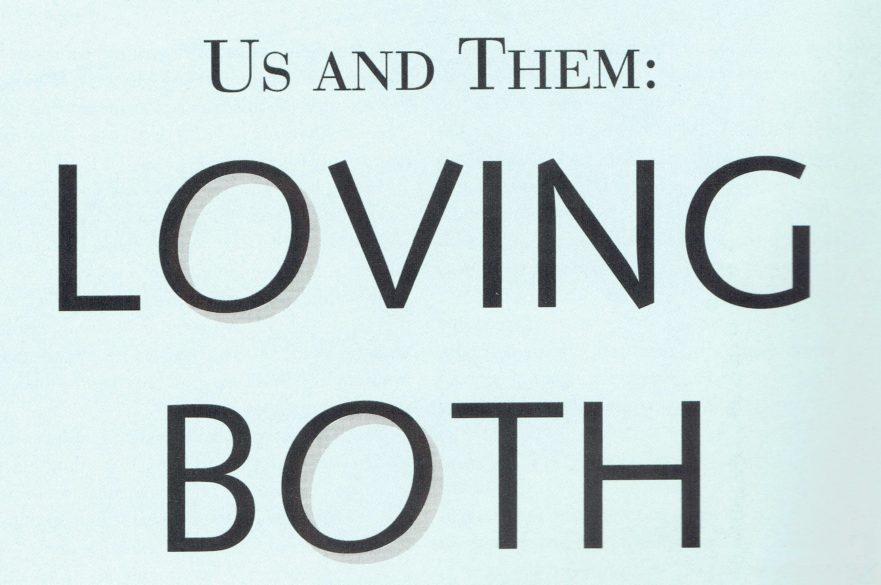| Impressed by archaeologist and Dead Sea Scroll specialist Magen Broshi’s article entitled “Hatred: An Essene Religious Principle and Its Christian Consequences,”[1] we (David Bivin and Joseph Frankovic) abridged, adapted and popularized a portion of the article for our readers (with Magen Broshi’s permission). We hope you enjoy it as much as we did. |
Revised: 12-Apr-2013 by David Bivin.
Not too long ago scholars stood at a great disadvantage in their efforts to explain the background to Jesus’ famous saying on love:
You have heard it said, “You shall love your neighbor, and hate your enemy.” But I say to you, “Love your enemy, and pray for those who persecute you in order that you may be sons of your Father who is in heaven; for He causes His sun to rise on the evil and the good, and sends his rain on the righteous and the unrighteous.” (Matt 5:43-45, NASB)

The Qumran scroll of Thanksgiving Hymns (1QHa) as it appeared at the beginning of its unrolling. Image courtesy of the Shrine of the Book, Israel Museum.
In the past scholars speculated that Jesus was responding to a well-known folk proverb. Ancient Romans regarded treating friends kindly and taking revenge on enemies as being admirable. For example, Sulla, the famous Roman military commander, who died in 78 B.C.E., was honored by a monument bearing the inscription, “None of my friends ever did me a kindness, and none of my enemies ever did me a wrong, without being fully requited.”[2] Undoubtedly, the underlying concept of this inscription circulated in proverbial form among the diverse people groups of the Roman empire in various languages. But did some such proverbial saying inspire Jesus to respond with, “But I say to you, ‘Love your enemy…’”?
Premium Members and Friends of JP must be signed in to view this content.
If you are not a Premium Member or Friend, please consider registering. Prices start at $5/month if paid annually, with other options for monthly and quarterly and more: Sign Up For Premium

Notes
- Magen Broshi, “Hatred: An Essene Religious Principle and Its Christian Consequences,” Antikes Judentum und Frühes Christentum (Berlin: Walter de Gruyter, 1999), 245-52. ↩
- The inscription has been quoted from Philip Van Ness Myers, Rome: Its Rise and Fall (2nd ed.; Boston: Ginn and Company, 1901), 262. ↩




